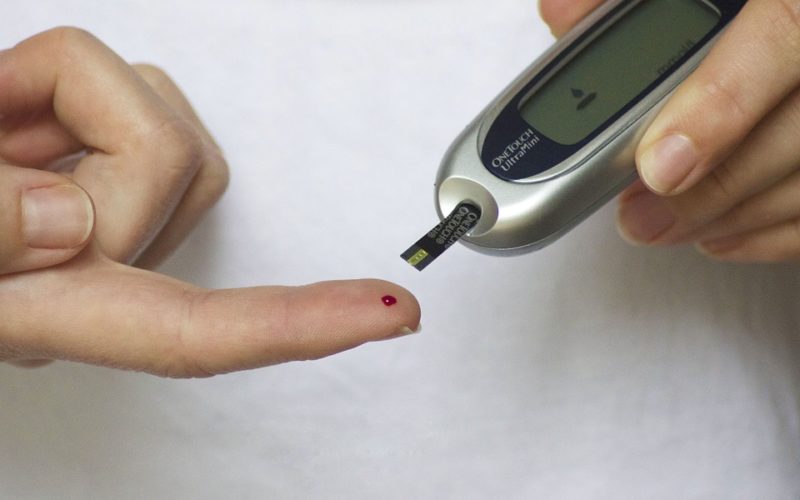Cholesterol is a waxy, fat-like substance that is found in every cell of the body. It is essential for the production of hormones, vitamin D, and substances that help digest foods.
However, when most people hear the term "cholesterol," they often associate it with negative health aspects, particularly heart disease. In reality, cholesterol itself isn't inherently bad. It's crucial to understand that there are different types of cholesterol, some of which are beneficial and necessary for maintaining optimal health.
Reduce the risk of heart disease
The cholesterol found in our bodies travels through the blood on proteins called lipoproteins. The two primary types of lipoproteins include low-density lipoprotein (LDL) and high-density lipoprotein (HDL). LDL is often referred to as "bad" cholesterol because it can contribute to the buildup of plaque in the arteries, leading to blockages and an increased risk of cardiovascular diseases.
Conversely, HDL is known as "good" cholesterol. HDL helps remove LDL cholesterol from the arteries and transports it back to the liver, where it is either used to synthesize various essential compounds or expelled from the body. Consequently, having higher levels of HDL cholesterol can reduce the risk of heart disease.
Omega-3 fatty acids
Consuming foods that help increase HDL levels and maintaining a healthy lifestyle can significantly contribute to the balance of cholesterol in the body. Including sources of healthy fats in your diet, such as those found in fatty fish like salmon and mackerel, can boost your HDL levels.
These fish are high in omega-3 fatty acids, which have been shown to positively affect heart health by raising HDL cholesterol and lowering triglycerides. Additionally, nuts such as almonds and walnuts are laden with beneficial fats and fibres, contributing to improved cholesterol profiles.
Critical bodily functions
Moreover, understanding the overall role of cholesterol in the body can help in making informed dietary choices. Cholesterol is vital for the structural integrity of cell membranes, the production of bile acids that digest fat, and the synthesis of certain hormones such as testosterone and oestrogen.
Without adequate cholesterol, these critical bodily functions could be compromised. Therefore, it's essential not to vilify cholesterol entirely but rather focus on maintaining a healthy balance between LDL and HDL cholesterol.
Absorption of cholesterol into the bloodstream
Dietary fibres also play a crucial role in managing cholesterol levels. Soluble fibre, found in foods like oats, beans, and some fruits, can reduce the absorption of cholesterol into the bloodstream. Eating a high-fibre diet can lead to a decrease in LDL cholesterol and a potential increase in HDL cholesterol levels.
Making these dietary adjustments, alongside regular physical activity, can significantly impact overall cholesterol balance.
Eating a balanced diet
Another factor influencing cholesterol levels is genetics, which plays a significant role in determining how your body processes cholesterol. Some people may have a genetic predisposition to higher LDL cholesterol levels, making lifestyle changes alone insufficient. In such cases, medical intervention may be necessary.
However, for most individuals, lifestyle modifications such as eating a balanced diet, regular exercise, and avoiding smoking can substantially influence cholesterol levels and overall heart health.
Engaging in regular physical activity
In essence, understanding the nuanced role of cholesterol in the body is crucial. Good cholesterol, or HDL, plays a protective role in heart health, while LDL can contribute to arterial blockages.
By incorporating heart-healthy foods, engaging in regular physical activity, and being aware of genetic factors, one can manage cholesterol levels effectively, promoting a heart-healthy lifestyle and reducing the risk of cardiovascular diseases.


















